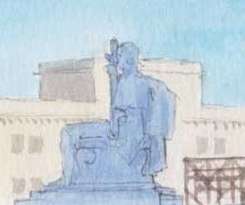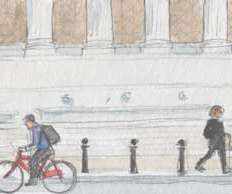Equitable tolling in a corner of the Internal Revenue Code
SCOTUSBlog
APRIL 25, 2022
a North Dakota law firm, of intent to levy on Boechler’s property to satisfy a tax penalty. It held instead that the statute is not jurisdictional, and that equitable tolling is an available argument in Tax Court. The statute provides for jurisdiction over “such matter,” but does not say what “such matter” is.













Let's personalize your content